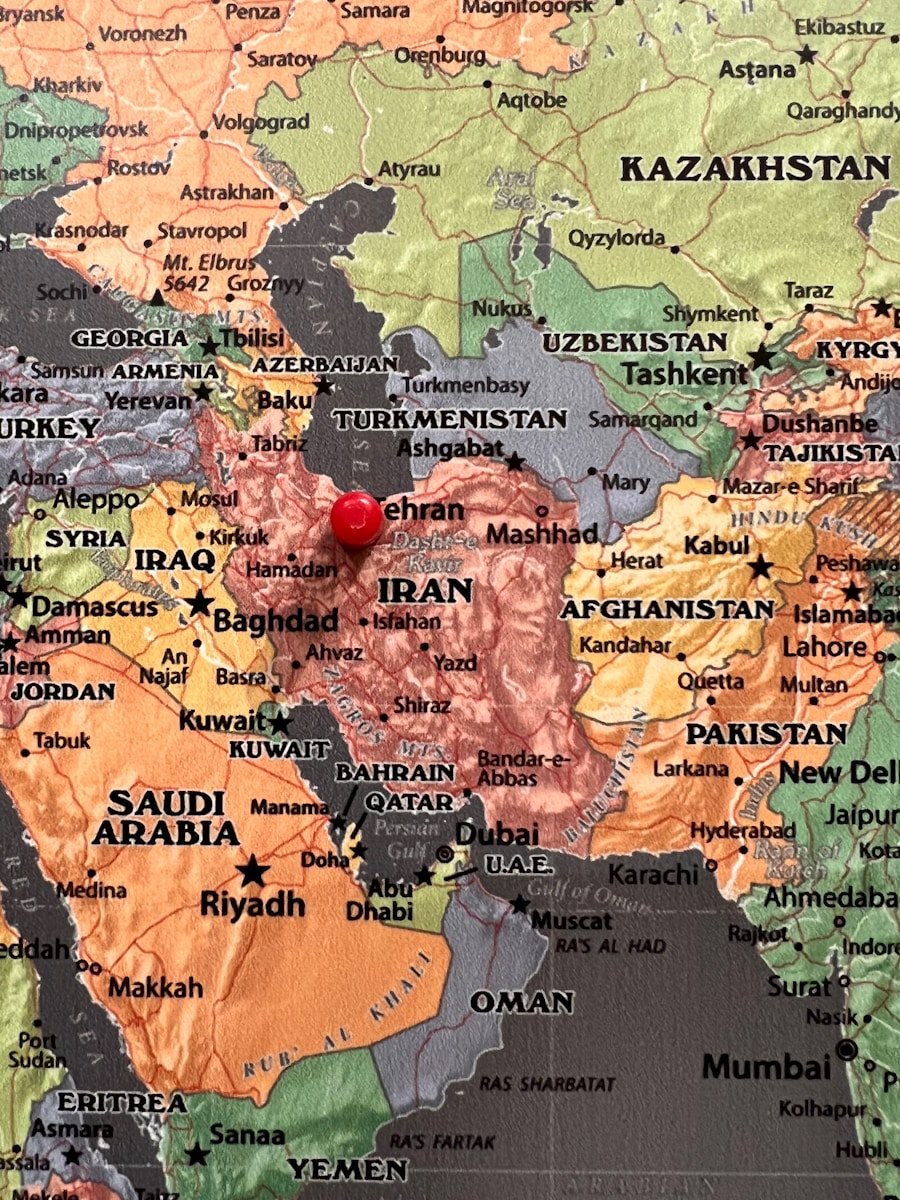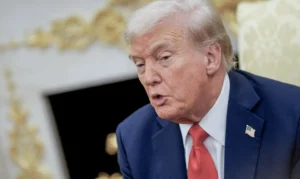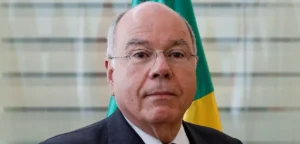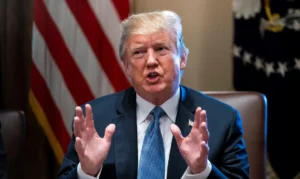
Iran’s Foreign Ministry spokesman, Esmaeil Baqaei, recently stated that Tehran vehemently opposes the interference of non-regional actors in South Caucasus affairs. He asserted that such involvement contradicts the region’s security and development interests. This declaration comes amidst rising tensions and discussions surrounding the Zangezur corridor, a proposed transit route connecting Azerbaijan to its Nakhchivan exclave through Armenian territory.
Ali Akbar Velayati, a senior advisor to Iran’s supreme leader, further elaborated on Tehran’s concerns, claiming that the United States intends to use the Zangezur corridor to blockade Moscow and Tehran. He suggested that this project is part of a broader US strategy to shift pressure from Ukraine to the Caucasus, thereby altering regional geopolitics and impacting the sovereignty of the involved states.
Discussions about the corridor gained prominence after Azerbaijani President Ilham Aliyev and Armenian Prime Minister Nikol Pashinyan addressed the issue in Abu Dhabi. While US Ambassador to Turkey Thomas Barrack offered US management of the corridor to advance peace talks, Armenian Prime Minister’s spokesperson Nazeli Baghdasaryan denied any discussions about transferring control of Armenian territory to a third party, highlighting the complexity and sensitivities of the situation.










